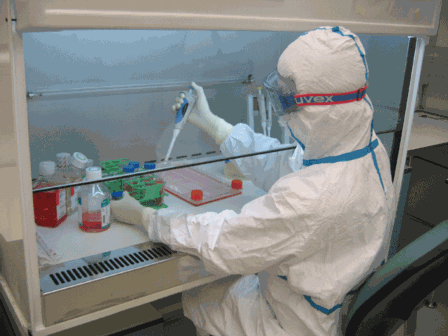
BrainStorm Cell Therapeutics has completed enrolment in its ongoing randomised, double-blind placebo-controlled phase 2 clinical trial of NurOwn in amyotrophic lateral sclerosis (ALS). The targeted enrolment of 48 subjects has been achieved.
“Completion of enrolment in this phase 2 trial is a major corporate milestone for BrainStorm,” stated chief executive officer Tony Fiorino. “We continue to expect the last subject to be treated early in the fourth quarter of this year and top line results to be available shortly after the follow-up period is complete. This study has attracted much interest from both patients and physicians, and we anticipate it to give us valuable insights into the safety and efficacy of NurOwn in ALS. Given the limited treatment options for patients with ALS, we are hopeful that this study will move NurOwn another step closer to becoming a treatment for ALS.”
Merit Cudkowicz, professor of neurology at Harvard Medical School, director of the ALS Clinical at Massachusetts General Hospital ALS Clinic, and a principal investigator for the trial, stated, “I want to thank the participants and their families for being part of this study and helping develop new therapies for ALS. Completion of enrolment is a very important milestone. We look forward to completing close follow-up and learning the results of this study.”
This multicentre, randomised, double blind, placebo controlled study is evaluating the safety and efficacy of a single combined intramuscular and intrathecal administration of MSC-NTF cells (NurOwn) in early-stage ALS patients. After enrolling in the study, subjects are followed for a three months run-in period, during which their bone-marrow is harvested and mesenchymal stromal cells are isolated and expanded. Subjects are then randomised to receive either NurOwn or placebo, after which they are followed for six months. The primary endpoint of the study is safety, and secondary endpoints are efficacy measures including the ALS Functional Rating Scale, slow vital capacity, and grip strength.
In February 2015, the Data Safety and Monitoring Board (DSMB) overseeing the trial completed its first safety review of the trial, and did not find any lab abnormalities, adverse events or significant protocol deviations that would be cause for concern. A second and final DSMB review is planned the fourth quarter of 2015.













